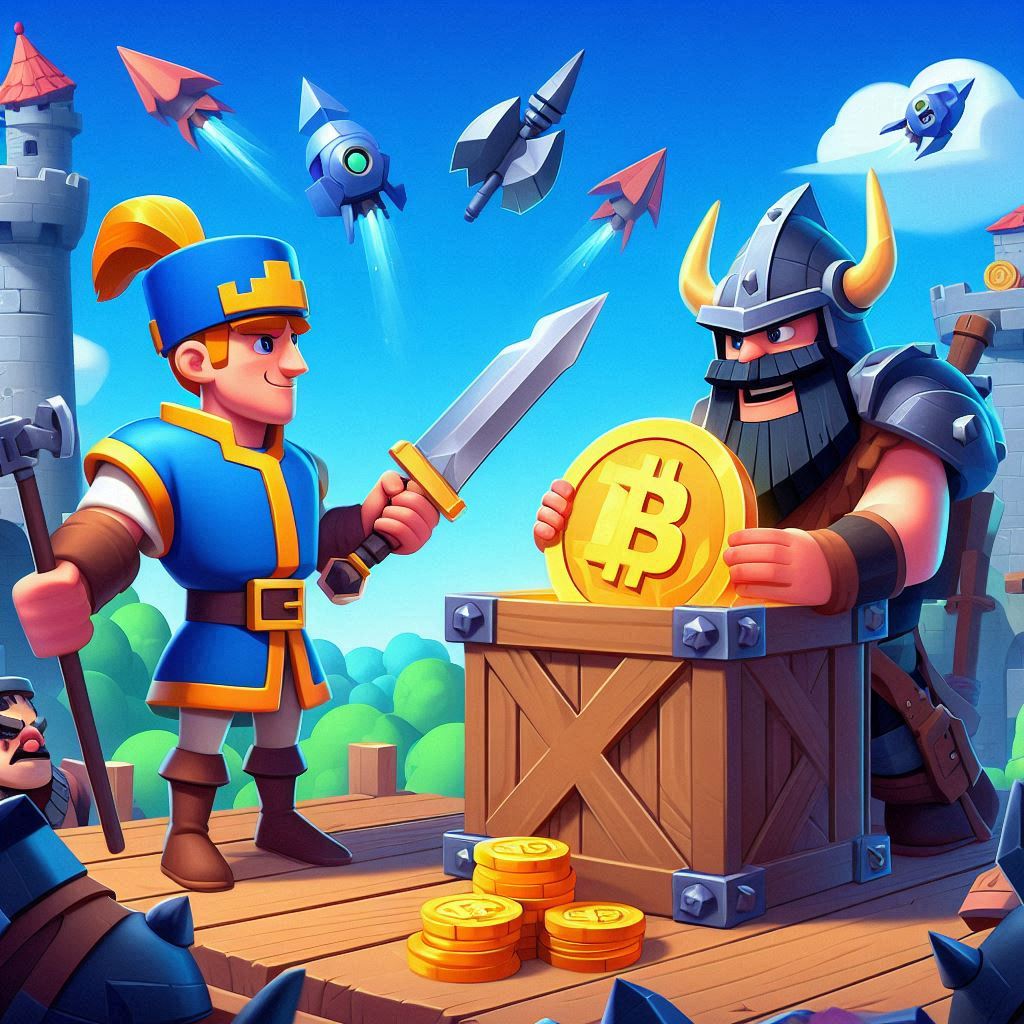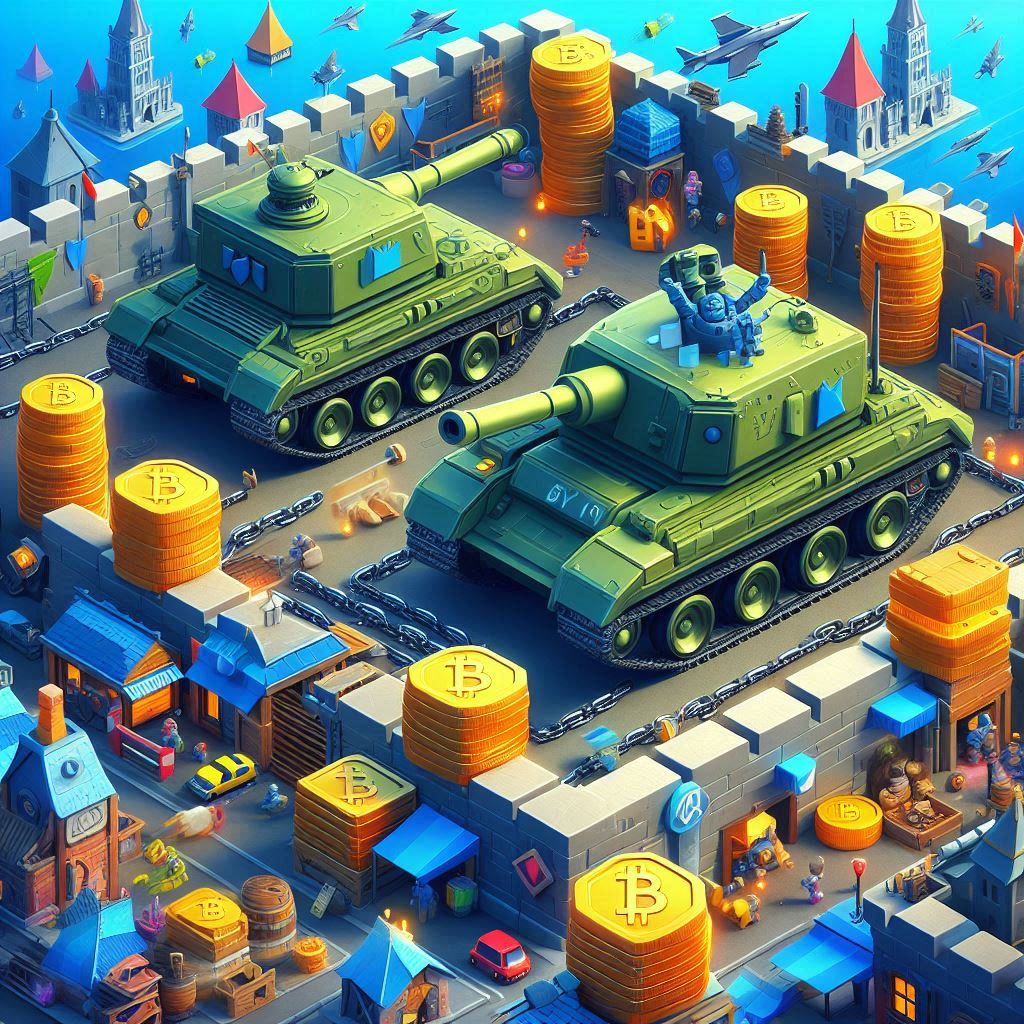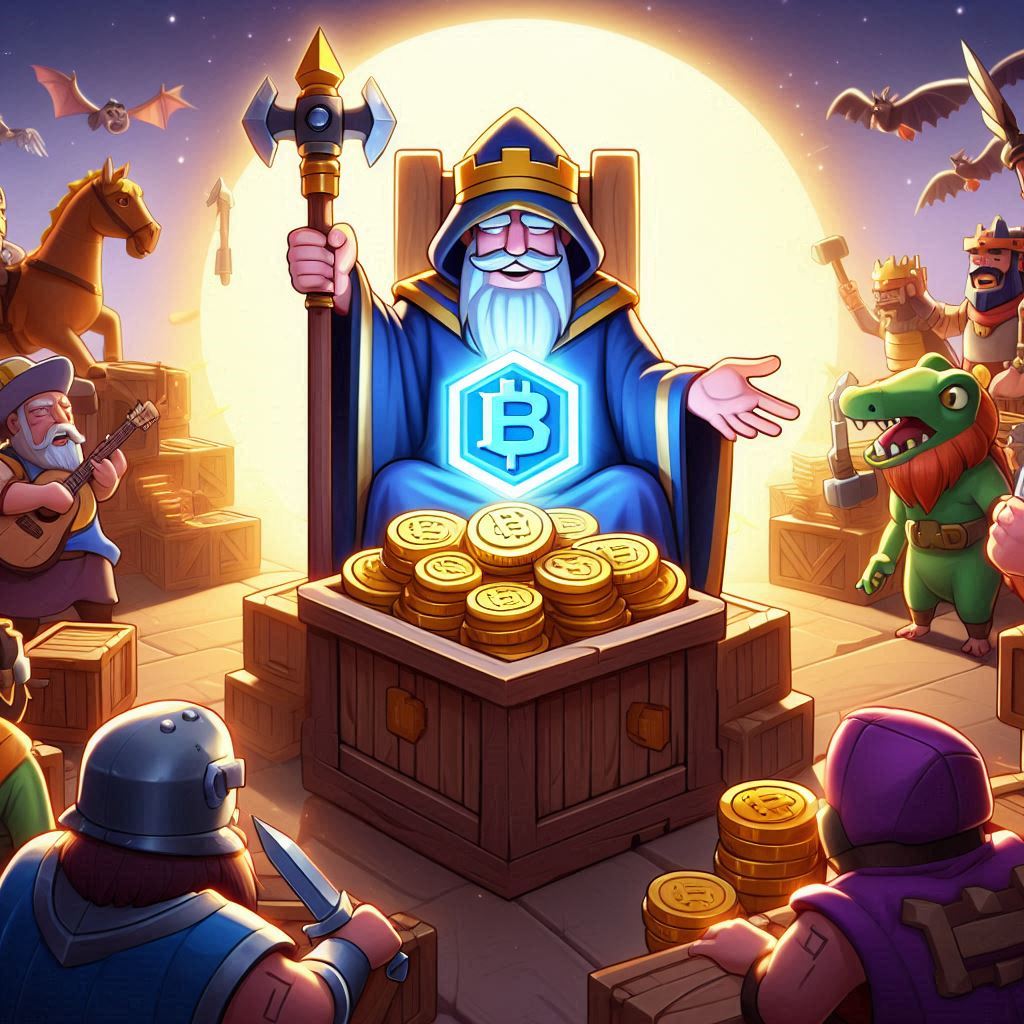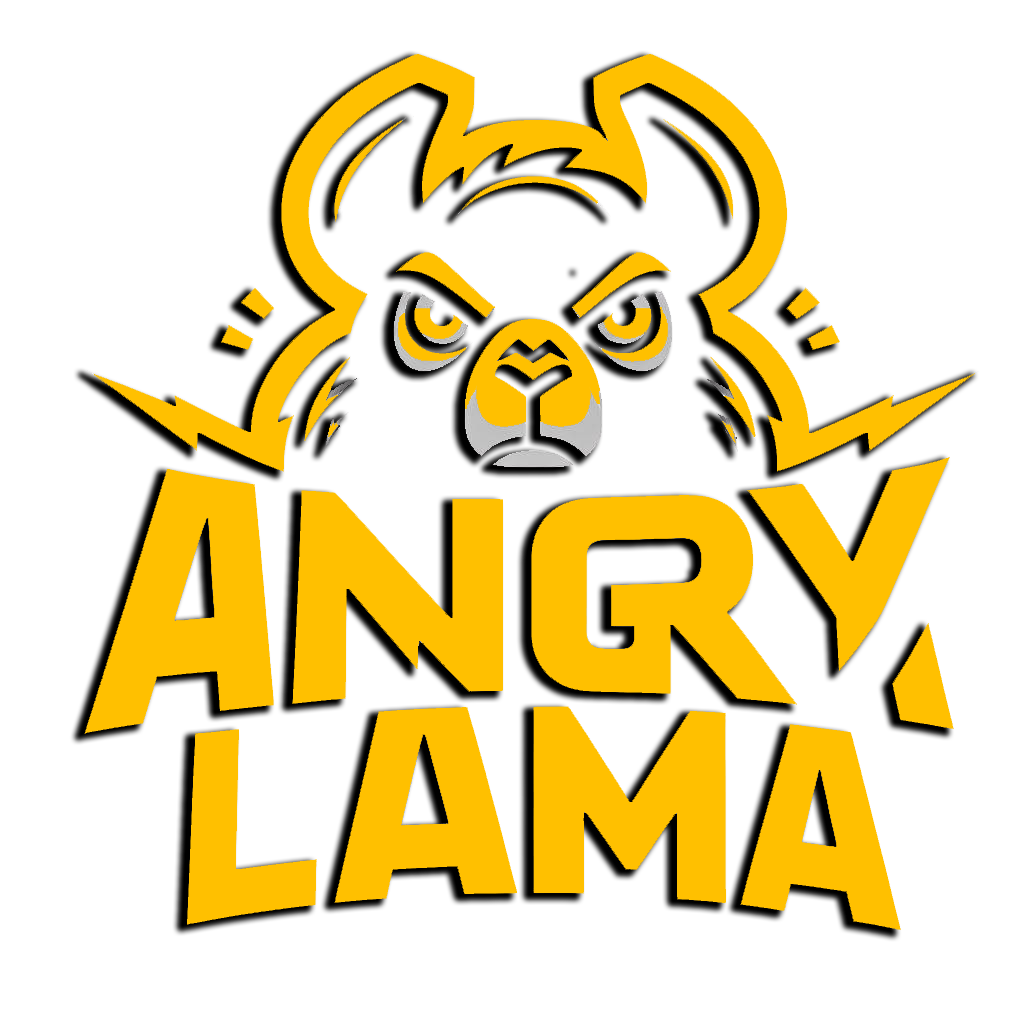Blockchain Trade
Introduction to Blockchain Trade
Blockchain technology is revolutionizing the way businesses and individuals conduct trade. By providing a decentralized, secure, and transparent ledger system, blockchain allows for more efficient, faster, and cost-effective trade processes. Whether in supply chain management, cross-border transactions, or digital asset trading, blockchain is creating new opportunities and transforming traditional trade ecosystems. This guide delves into the essentials of blockchain trade and its impact on the global market.
What is Blockchain Trade?
Blockchain Trade refers to the use of blockchain technology to facilitate and streamline the exchange of goods, services, or digital assets. Blockchain’s decentralized ledger system records transactions in a way that is transparent, immutable, and secure. By removing intermediaries and automating processes with smart contracts, blockchain trade ensures that transactions are faster, more reliable, and less prone to fraud or error.
How Blockchain Improves Trade Transparency
One of the key benefits of blockchain Trade is increased transparency. Every transaction recorded on a blockchain is visible to all participants in the network, making it easy to trace the origin, movement, and ownership of goods or assets. This transparency reduces the chances of disputes, fraud, or counterfeiting, which are common issues in traditional trade. Companies can now verify the authenticity of goods and ensure compliance with regulations in real-time.

Smart Contracts in Blockchain Trade
Smart contracts are self-executing contracts where the terms of the agreement are written into code and automatically enforced. In blockchain Trade, smart contracts can automate processes like payments, delivery confirmations, and contract execution, eliminating the need for third-party intermediaries. This reduces delays and costs while ensuring that transactions are completed as soon as pre-defined conditions are met.
Cross-Border Trade and Blockchain
Cross-border trade often involves lengthy processes due to customs, regulatory requirements, and multiple intermediaries. Blockchain technology simplifies this by creating a shared ledger that all parties can access. With blockchain, cross-border payments can be made instantly and securely, reducing delays caused by banking networks. Moreover, compliance checks, documentation, and trade finance processes can be automated, making cross-border trade more efficient.
Reducing Trade Costs with Blockchain
Traditional trade involves high costs due to intermediaries, paperwork, and the risk of fraud. Blockchain significantly reduces these costs by automating processes, eliminating the need for intermediaries, and minimizing the risk of fraudulent transactions. By creating a peer-to-peer network, blockchain enables direct transactions between buyers and sellers, cutting out middlemen and reducing fees associated with traditional trade methods.
Supply Chain Management and Blockchain
Blockchain is playing a crucial role in improving supply chain management. With blockchain, businesses can track the movement of goods from the point of origin to the final destination, ensuring greater accountability and transparency. This real-time tracking helps companies identify bottlenecks, ensure compliance, and verify the authenticity of goods. Blockchain-based supply chains are also more resilient, as they provide an immutable record of every transaction, reducing the risk of fraud and tampering.
Enhancing Security in Trade Transactions
Security is a major concern in global trade, especially in digital transactions. Blockchain provides a high level of security by encrypting every transaction and storing it in an immutable ledger. This makes it nearly impossible for hackers to alter or tamper with transaction records.
Additionally, the decentralized nature of blockchain ensures that there is no single point of failure, making it more resistant to cyberattacks compared to centralized systems.
Blockchain Trade in Digital Assets
Blockchain Trade has opened up new possibilities for trading digital assets, such as cryptocurrencies, NFTs, and tokenized assets. These assets can be traded on blockchain platforms in a decentralized manner, allowing for greater liquidity, transparency, and security. The use of smart contracts ensures that transactions are executed seamlessly and that ownership of digital assets is transferred without the need for intermediaries, making digital asset trade more efficient and accessible.

Blockchain Trade Finance
Trade finance is another area where blockchain is making a significant impact. Traditionally, trade finance involves a lot of paperwork and manual processes, which can lead to delays and errors. Blockchain automates trade finance by digitizing documents and streamlining processes such as letters of credit, invoices, and insurance. This not only reduces paperwork but also speeds up trade finance operations, providing faster access to capital for businesses engaged in international trade.
Regulatory Compliance in Blockchain Trade
One of the key challenges in blockchain trade is ensuring regulatory compliance. Different countries have different regulations regarding trade, financial transactions, and blockchain usage. Blockchain can help simplify compliance by providing a transparent and immutable record of all transactions, making it easier for businesses to meet regulatory requirements. Moreover, blockchain-based platforms can integrate compliance checks directly into the system, ensuring that all transactions meet legal standards.
Blockchain Trade for Small and Medium Enterprises (SMEs)
Blockchain is leveling the playing field for small and medium enterprises (SMEs) in global trade. Traditionally, SMEs face challenges such as high transaction fees, limited access to trade finance, and complex regulatory requirements. Blockchain addresses these issues by reducing costs, improving access to financing through decentralized platforms, and simplifying cross-border trade. This allows SMEs to participate in global trade more effectively and competitively.
Challenges in Blockchain Trade Adoption
While blockchain offers numerous benefits for trade, there are challenges to its widespread adoption. These include the scalability of blockchain networks, regulatory uncertainty, and the need for greater standardization in blockchain protocols. Additionally, businesses may face challenges integrating blockchain with their existing systems or convincing partners to adopt the technology. Overcoming these challenges will require collaboration between industry stakeholders, regulators, and technology providers.
Interoperability of Blockchain Trade Platforms
Interoperability between different blockchain platforms is crucial for the success of blockchain trade. With multiple blockchain networks in use, it’s important that these platforms can communicate and exchange data with each other. Interoperability ensures that assets and information can move freely across different blockchain networks, enhancing the efficiency and reach of blockchain-based trade systems. Efforts are underway to develop standards and protocols that improve interoperability and enable seamless trade.
Future Trends in Blockchain Trade
The future of blockchain trade looks promising as the technology continues to evolve. Innovations such as decentralized finance (DeFi), tokenization of real-world assets, and improvements in blockchain scalability are expected to drive further adoption of blockchain in trade. Moreover, as more industries and governments recognize the potential of blockchain, we can expect to see more blockchain-based trade platforms, creating a more efficient, secure, and transparent global trading ecosystem.
Conclusion: The Potential of Blockchain Trade
Blockchain trade has the potential to revolutionize global commerce by making trade processes faster, more secure, and cost-effective. By enabling decentralized, transparent, and immutable transactions, blockchain is reshaping the way goods, services, and digital assets are exchanged. As the technology continues to mature, we can expect to see blockchain playing an increasingly important role in global trade, benefiting businesses of all sizes and contributing to the growth of the digital economy.

Our game development Team has developed a game based on blockchain technology. This is a turn-based game where players can Earn Money by competing with each other in addition to having fun. You can download this Online 3D game TanKash from Google Play Store and subscribe to our YouTube channel for more information.



